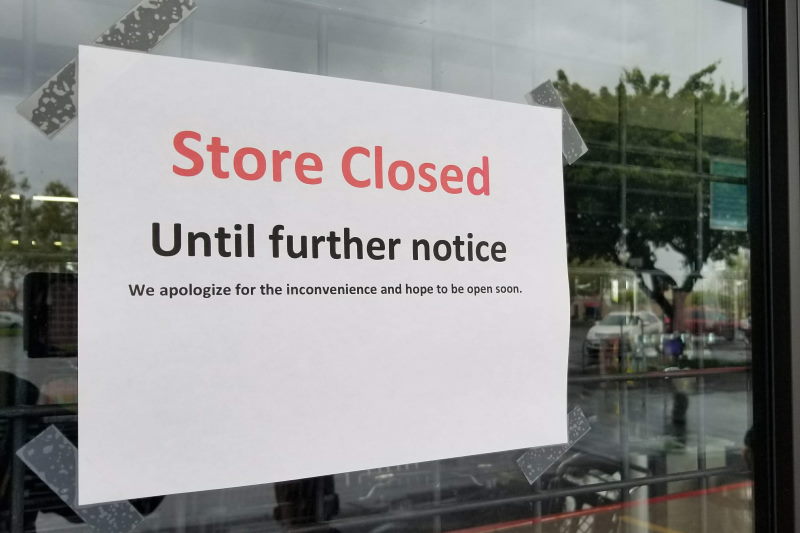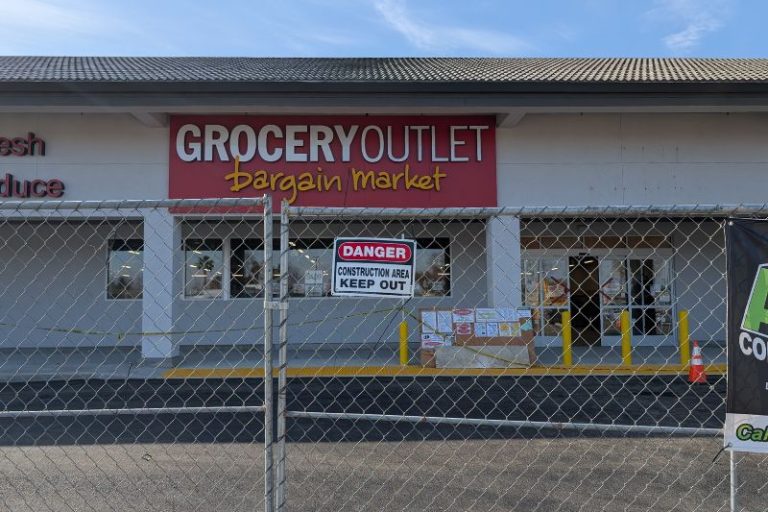
By Supervisor Sue Frost–
The past nine months have been a roller coaster for all of us.
The seemingly endless pandemic has resulted in all of us being forced into a new way of living. It has been harder on some than others. Small business owners and their employees are certainly among those most heavily impacted.
California has gone from stay-at-home orders to watch lists, blueprints, and regional shutdowns. At every step, and sometimes in between, the rules for businesses have changed.
We have seen many businesses remain closed while others have remained open or bounced between being open or closed. In the worst cases, some businesses have closed forever.
For businesses still hanging on, the struggle has been persistent, and I was baffled by the notion that we should be threatening them with fines of up to $10,000. Still, that notion took form in a proposal brought forward by our Public Health Department as an urgency ordinance for consideration by the Sacramento County Board of Supervisors.
The ordinance that was proposed was too broad, too aggressive, and frankly, too subjective for me to support it.
Put simply; the ordinance gave the county and cities the authority to fine a business when found not to be compliant with any regulations or requirements within a public health order. That sounds straightforward enough, but the resolution went beyond the county’s standard for enforcing ordinances.
First, unlike most of the ordinances the county adopts that do not impact cities, this ordinance would impose the same enforcement authority and fine structure on Citrus Heights. Also, the business owner may not be held responsible for the violation. The ordinance included the property owner as the potentially responsible party.
Further, it gave the Public Health Department the authority to designate anyone they saw fit as an enforcement officer. That means it would not necessarily be the Sheriff, Code Enforcement, or even a health inspector going into businesses to investigate violations. Under this ordinance, any county employee could be given the authority to enter a business and cite them for a perceived violation.
I say perceived violation because not only are enforcement officers potentially untrained county employees, but they would not be required to even witness a violation under the ordinance.
If adopted, the enforcement officer could issue citations based on “investigations” or simply being told by other county staff a violation occurred. This incredibly low burden of proof could have gone a long way to creating undue allegations.
The ordinance did include an appeal process, but only when the fines were for more than $1,000. With the fines being as much as $500 for every day a perceived violation occurs, I am sure many would be granted the opportunity for an appeal. However, the appeal process would require a $750 deposit (unless proof of an inability to pay can be provided) and no guarantee of recouping the deposit if the appeal fails.
Many businesses have already put everything they have into finding ways to comply with ever-changing health orders. One incident could be the deciding factor in whether or not the business can remain open or close forever.
Ultimately, that is my biggest concern with the ordinance. A business struggling to keep the lights on could see fines as high as $10,000, plus “administrative fees,” and then they close for good. When a business closes permanently or even for 72 hours, that means employees and the business owner have no money coming in.
While some were fortunate early on to receive financial assistance through the Paycheck Protection Program (PPP), many small businesses, particularly minority-owned businesses, received little to no aid.
I understand the need to protect lives during the pandemic. The county has several ways to enforce public health orders that we can rely on for that. But if we start adding to small businesses’ financial struggles, that could mean more people without the means to pay bills, rent, or put food on the table.
I would much rather we find businesses struggling to comply and find ways to help them through education or providing resources. We can stop the spread of COVID-19 and help people maintain their livelihood, which I aim to achieve.
Based on the more than 3,000 public comments we received on the ordinance, I think many people in the county agree with me and are as glad as I am the ordinance was pulled from consideration.

Sacramento County Supervisor Sue Frost formerly served as a Citrus Heights councilwoman and currently represents District 4, which includes Citrus Heights. She can be contacted at (916) 874-5491, or SupervisorFrost@saccounty.net.
Want to share your own thoughts on this topic or another local issue? Submit a letter to the editor or opinion column for publication: Click here










